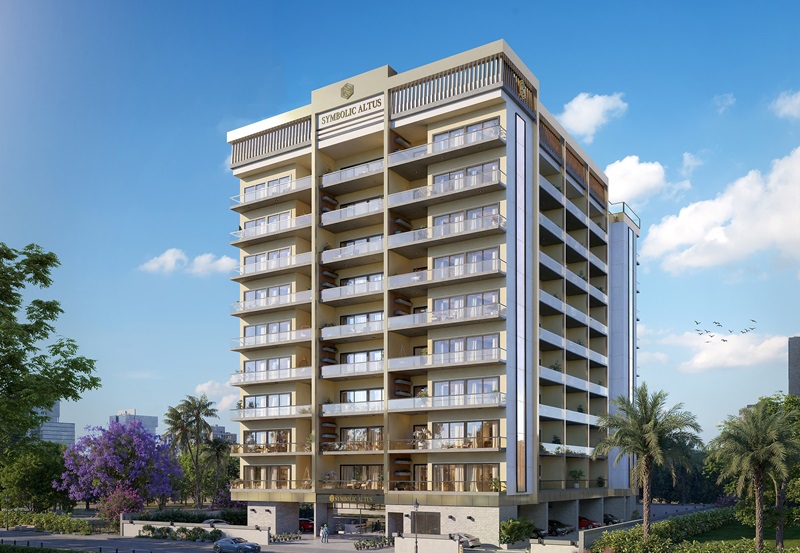
Leading UAE-based smart and green facilities management (FM) company Farnek, is composting 125kg of food waste per day, at its state-of-the-art staff accommodation centre, Farnek Village. The resulting compost is then used to grow salad plants in the building’s vertical rooftop garden, helping the company to close the loop and create a circular economy. The composter was commissioned by Farnek to celebrate World Environmental Day on 5th June and measures three metres long, one metre wide and 1.3 metres high, with a capacity of 125 kilos. The machine processes all types of organic waste like curry, roti, rice, bread, eggshells, chicken, mutton, fish, fish bones, chicken bones, fruit, fruit, vegetables, peelings and other kitchen waste.
“All of the food waste from the staff dining hall is emptied into food waste bins. These are wheeled over to the composting machine, which uses special microorganisms to break down and decompose the organic waste. The process only takes between 24-36 hours and it reduces the original volume by 80-90%, so we end up with around 12-25kg of nutrient-rich fertilizer,” said Nadia Ibrahim, Head of Consultancy & Sustainability at Farnek.
“The decomposition process of food waste emits methane gas which is reportedly 25 times more damaging to the environment than carbon dioxide (CO2). So, composting our food waste is an efficient way of reducing our carbon emissions as well as cutting down on our disposal costs. It is comforting to know that while we are serving meals to our 5,000 staff, we are saving up to 400 kilos of carbon and around 200 kilos of food waste every day. In the circular economy today’s waste is tomorrow’s raw materials,” added Ibrahim.
Farnek arranged for a team of experts from Urban Ponics in the Netherlands to fly into Dubai to set up the rooftop garden and nursery and construct a 200sqm ‘shade house’, which provides a blend of shade and light to create suitable conditions for shade-loving plants to thrive with green shade netting, grow pods, lava buckets, misters, pumps, water tanks, irrigation and drainage pipes.
The produce is being grown using internationally recognised, sustainable methods including the use of vertical farming columns for a “mistponic” application, which is by far, the most sustainable soil-less growing technique, as it uses up to 90% less water than the most efficient conventional hydroponic and aquaponic systems.
“The 240 sqm area of rooftop, yields the equivalent of a half-acre of cultivated land, so, it’s a hundred times more efficient than conventional farming,” said Ibrahim.
Seedlings are grown in a dedicated nursery, in reusable plastic trays, which are lined with biodegradable bags, made from recycled potato starch. They are nurtured over a couple of weeks before being transferred into a small outdoor nursery. Once their roots have strengthened, they are ready to be planted in the main shade house.
Waste Management I Sustainability I Green FM

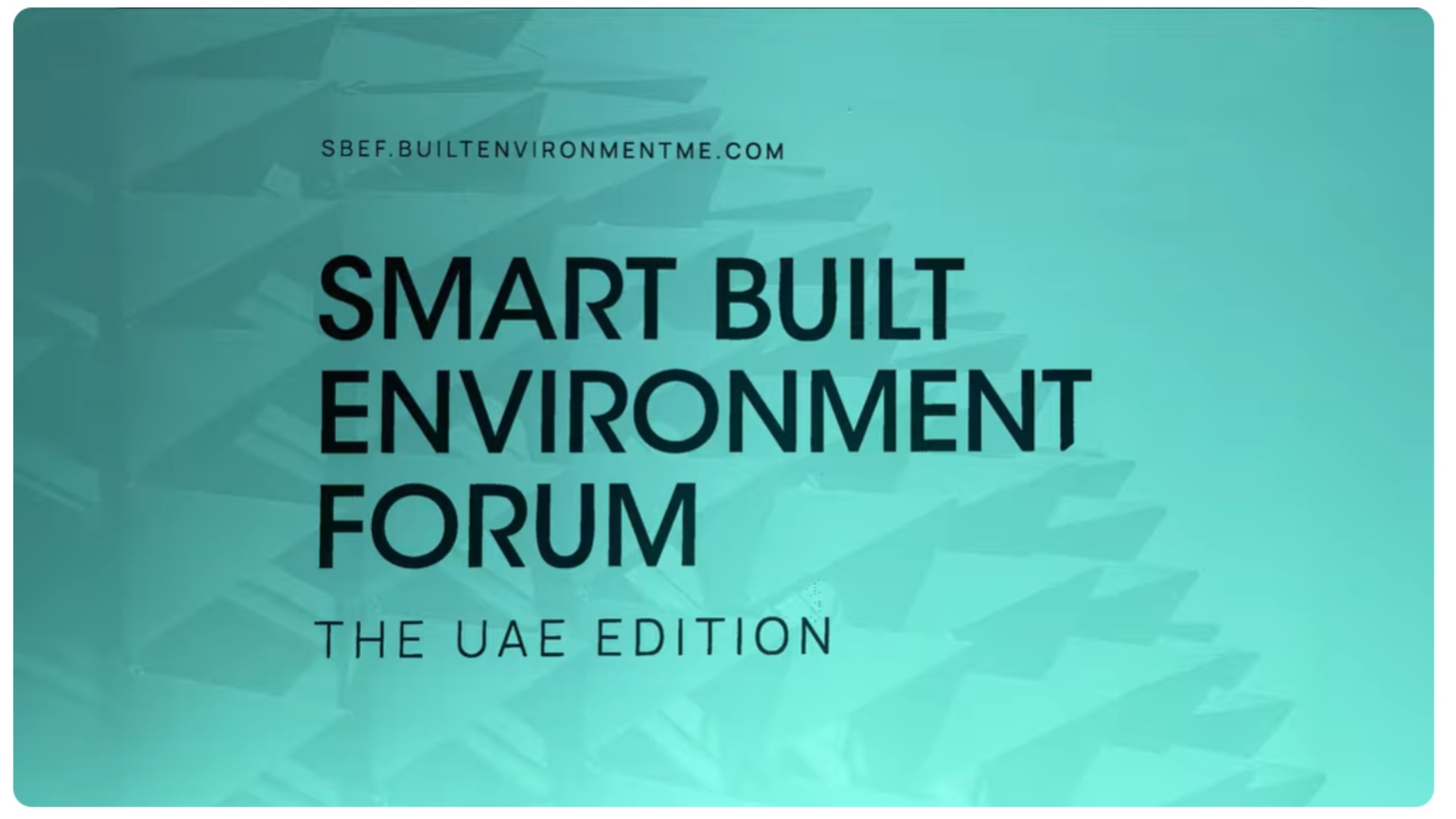
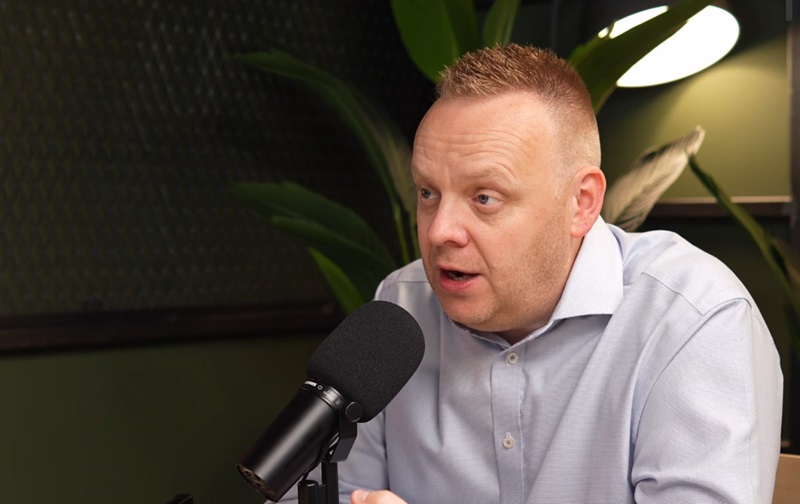





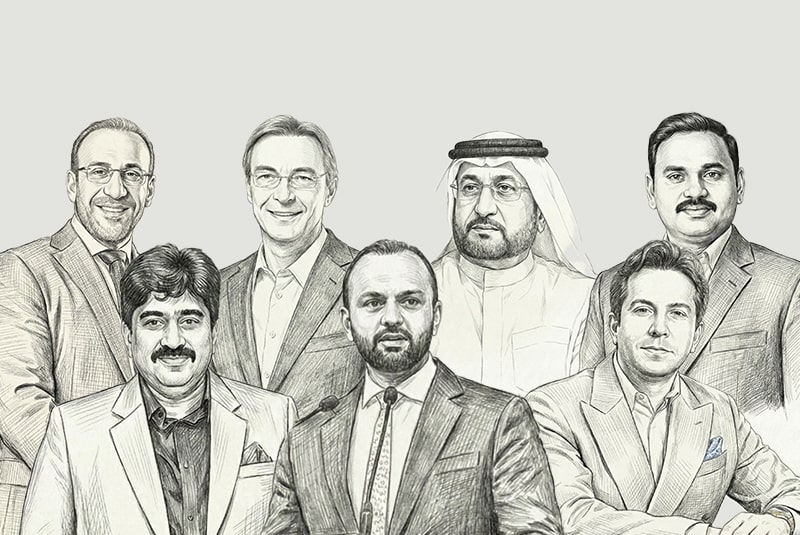
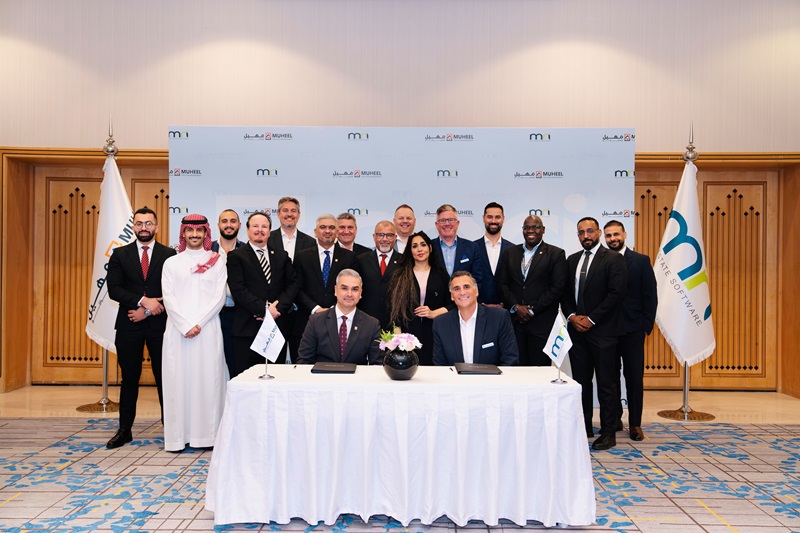
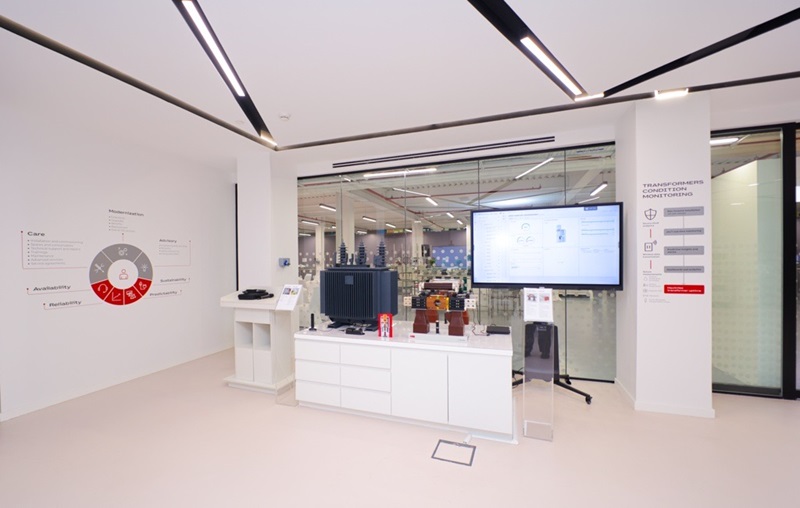
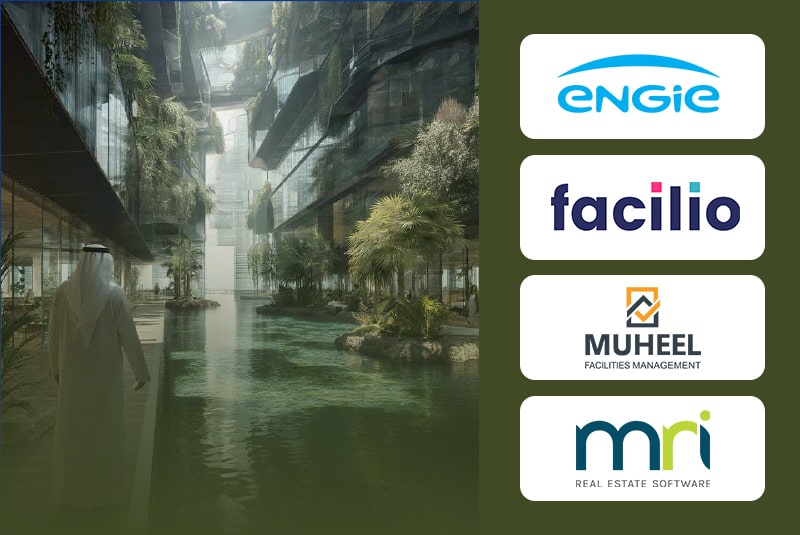
.jpg)
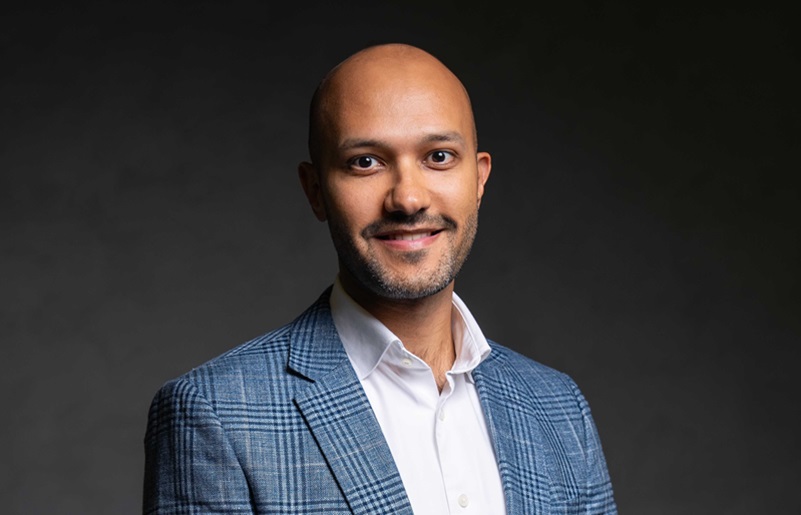
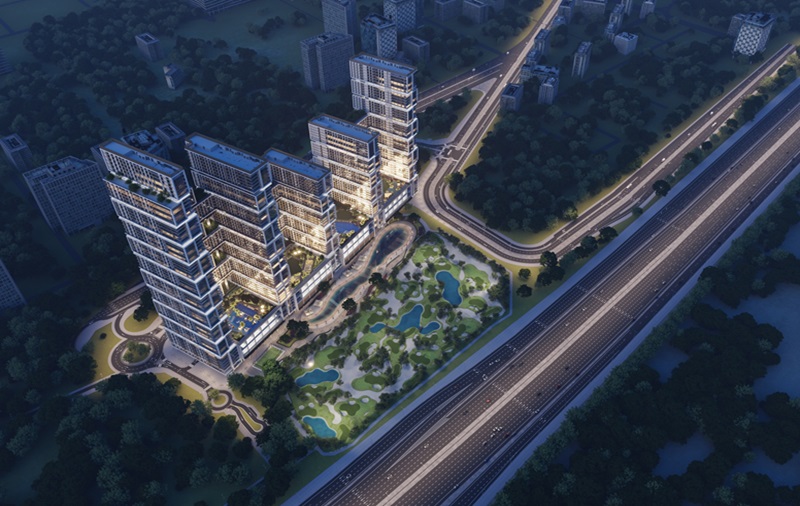
.jpg)
